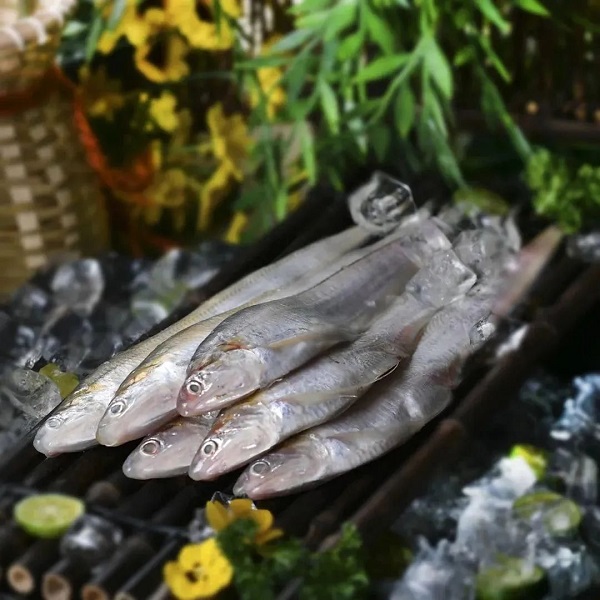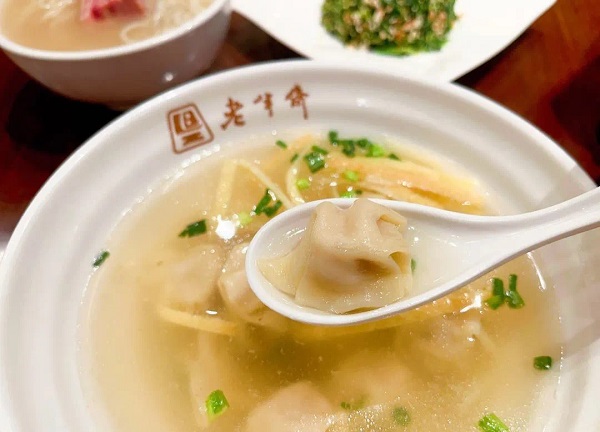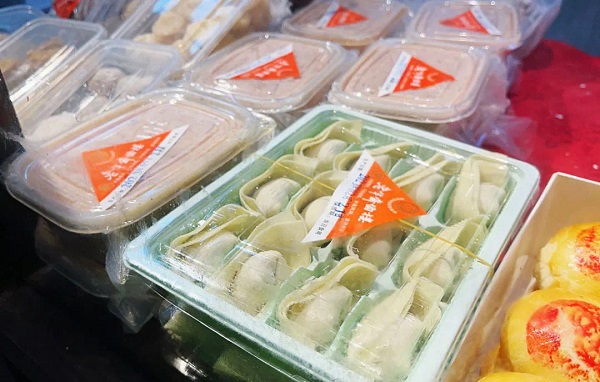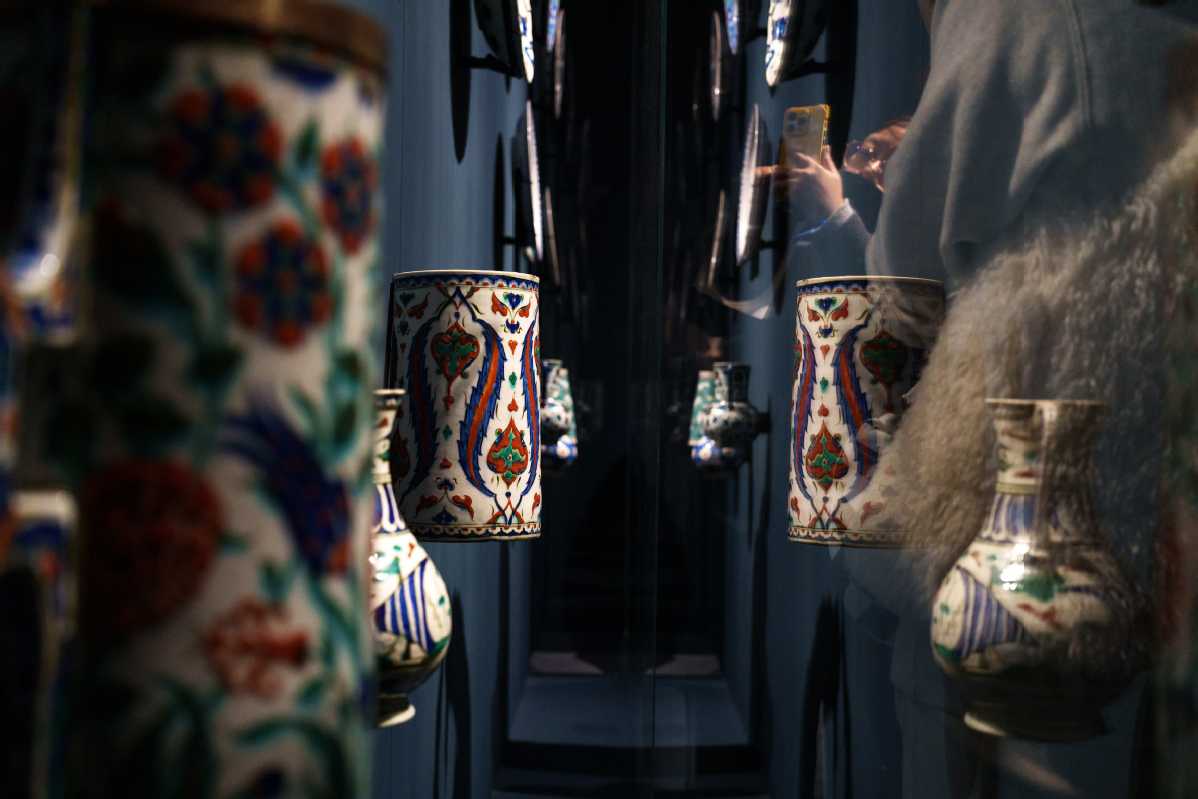Daoyu Wonton
The Daoyu Wonton, a culinary gem symbolizing spring with its exquisite flavors, is adored by food enthusiasts, especially residents in Jiangnan - the region south of the lower reaches of the Yangtze River.
The prized daoyu, or Coilia Nasus, from the Yangtze River is known as one of the revered "Three Treasures of the Yangtze River" eagerly anticipated each March.

A view of daoyu. [Photo/WeChat account: shhplyj]
Daoyu is traditionally enjoyed before Qingming Festival when it hits peak quality with its tender taste.
While wild-caught daoyu has become scarce due to fishing bans, controlled fish farms now sustain the supply.
Despite these changes, the allure of daoyu endures, symbolizing prosperity and cultural legacy. Whether in simple steamed form or as a highlight in elaborate banquet dishes, daoyu captivates with its delicate flavor and tender texture.

A bowl of Daoyu Wonton soup in Shanghai's century-old Lao Ban Zhai restaurant. [Photo/WeChat account: shhplyj]
Daoyu Wonton's skin is crafted with premium wheat and egg white for elasticity, making these medium-sized wontons visually stunning, resembling boat-shaped "gold" ingots.
The smooth skin envelops tender fish meat without any fishy taste, complemented by fresh Chinese chives for a pure, additive-free experience.
The soup base boasts a unique fish bone and pork bone broth prepared with scallions and ginger for a burst of fresh flavor.
For homemade Daoyu Wonton, consider using old hen broth with shredded fried egg, chopped scallion, and white pepper for a flavorful base.

Several packages of Daoyu Wonton in Shanghai's century-old Lao Ban Zhai restaurant. [Photo/WeChat account: shhplyj]
Innovative fillings like shepherd's purse and caotou (a clover-like trifoliate herb) embody the essence of Jiangnan's spring. Pairing daoyu with these wild vegetables creates a symphony of freshness, culminating in a delightful burst of sweet, pure flavors throughout the dining experience.
Sources: "shhplyj" WeChat account, thepaper.cn
Editor's Pick
FAQs
- What if my passport expires but my Chinese visa is still valid?
- Can pets and owners depart from different countries while complying with customs regulations?
- Can a minor travel to China and stay in a hotel without a parent's presence?
- Who is eligible for the 240-hour visa-free transit policy in China?

